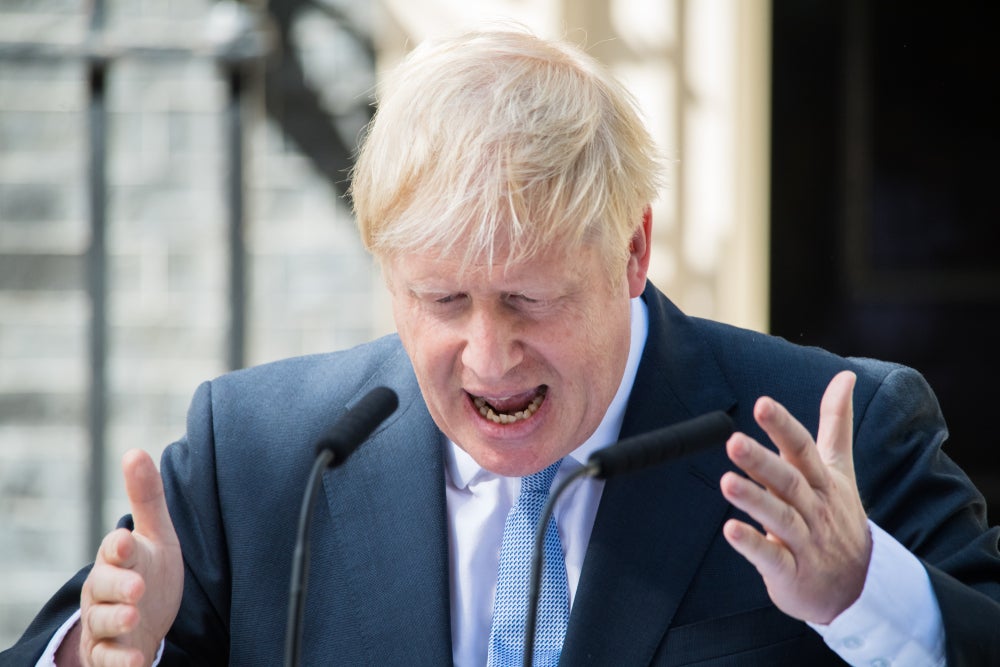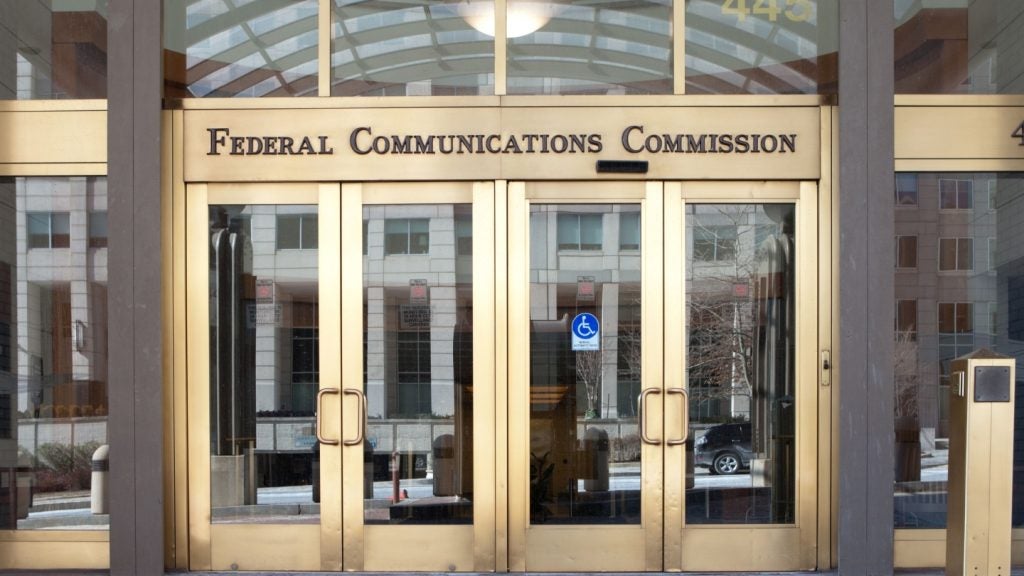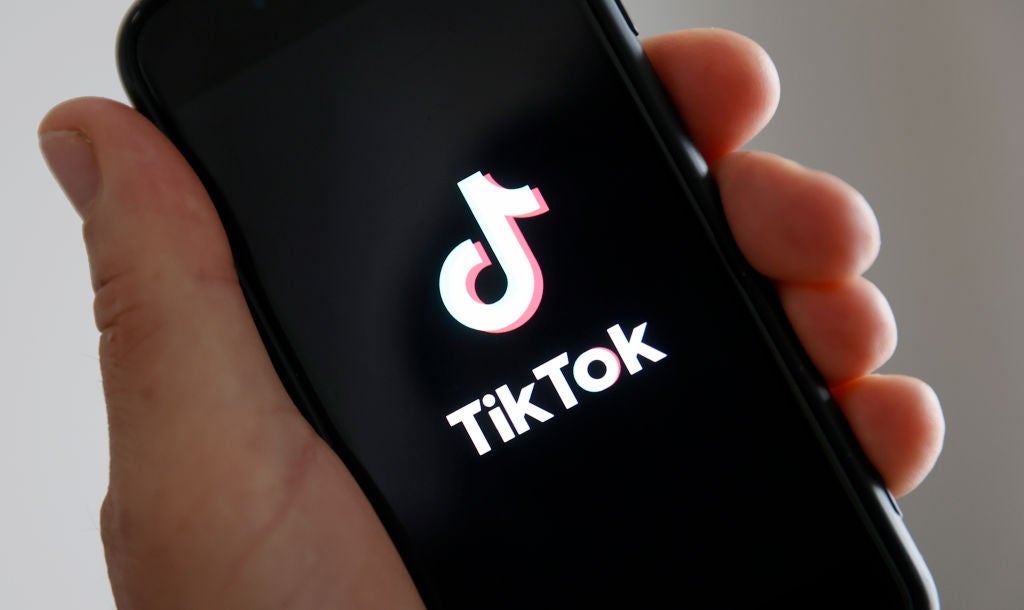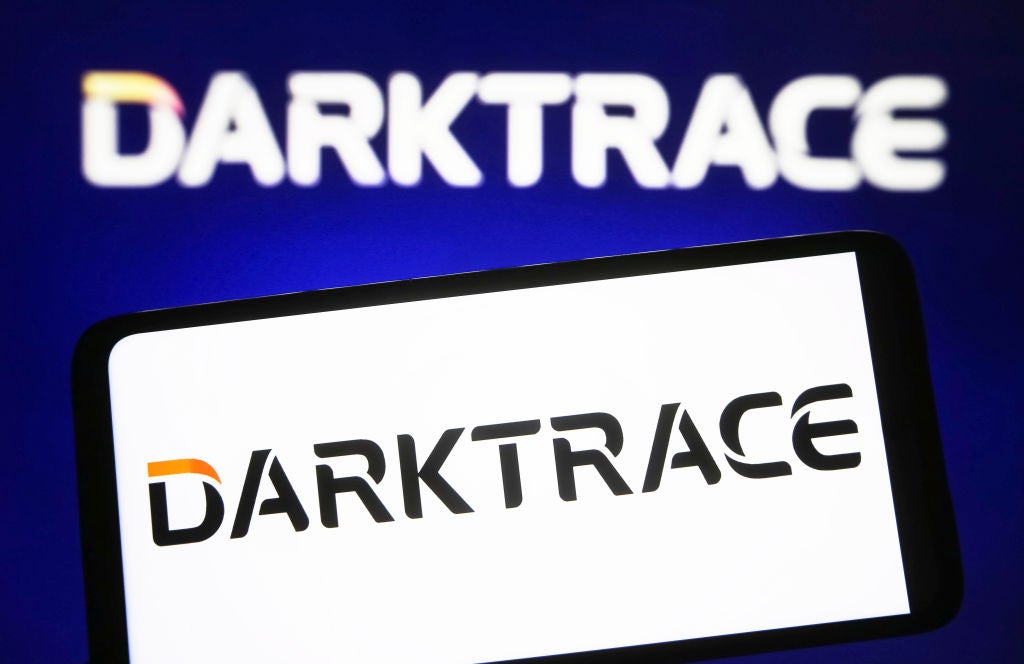
The UK government’s hopes of securing a public float of chip maker Arm in London appears to have been crushed after work on the deal reportedly ground to a halt. At least for now.
Talks between Arm-owner SoftBank and the UK government to ensure a Big Smoke-based initial public offering (IPO) have come to a halt following the implosion of the Boris Johnson government earlier this month. Old haystack had reportedly personally lobbied to ensure at least a dual listing in the UK.
His resignation and that of several ministers have caused the London IPO discussion to collapse, according to sources familiar with the talks speaking with the Financial Times.
It’s another major loss for Johnson’s former government which has been in the spotlight recently for accusations of corruption and the infamous Partygate scandal.
But some analysts believe that SoftBank always preferred to list Arm in the US over the UK.
“I think Arm were always pretty reluctant to do a full dual listing rather than just a London secondary,” David George, service director of thematic intelligence at research firm GlobalData, tells Verdict.
How well do you really know your competitors?
Access the most comprehensive Company Profiles on the market, powered by GlobalData. Save hours of research. Gain competitive edge.

Thank you!
Your download email will arrive shortly
Not ready to buy yet? Download a free sample
We are confident about the unique quality of our Company Profiles. However, we want you to make the most beneficial decision for your business, so we offer a free sample that you can download by submitting the below form
By GlobalDataHe argued that listing in the US “was always the more obvious choice and the one likely to generate the highest valuation” for Arm.
Geoff Blaber, CEO at research firm CCS Insight, backed up this claim to Verdict.
“Softbank has made it very clear that a NASDAQ listing is the likely course for Arm,” Blaber said.
“This would be a sad development for the UK, but the seeds were sown when Arm was acquired by Softbank with guarantees only relevant as long as it remained a Softbank company.”
While it might be too early to write off a London IPO for Arm entirely, it is clear that Johnson will not be able to take credit for any float that might happen. Instead, he can add it to his long list of unrealised projects and broken promises, which includes introducing driverless trains in the tube and building a handmade island and plonk the new London Britannia Airport on it.
UK Government’s disarray causing a chip in London IPO plans
As well as Johnson, digital minister Chris Philp and investment minister Lord Gerry Grimstone also resigned in July – both of whom were key players in discussions with SoftBank.
Grimstone had reportedly previously flown to Japan to personally meet with SoftBank’s billionaire founder Masayoshi Son, according to the FT.
The talk about a potential London IPO for Arm may now make room for SoftBank to go with a simpler US listing.
Back in June, the government came under fire for considering to use the notion of “national security concerns” to try and force Arm to list in London.
“The government is now resorting to desperate measures to ensure that Arm remains a UK success story,” David Bicknell, principal analyst at GlobalData, said in a podcast at the time.
Latest twist in a long, winding story
Japanese tech company SoftBank announced they would be taking Arm public back in February, following the collapse of a $50bn deal to sell Arm to Nvidia. The deal had been announced in September 2020.
As the chips designed by Arm can be found in almost every smartphone on the planet, government official everywhere – from Washington D.C. and London to Beijing and Brussels – raised concerns about what the deal would mean for national security and competition. After almost a year and a half of facing huge pressure from government officials and market watchdogs, Softbank and Nvidia tore up the deal.
This revealed an opportunity for the UK government to get one of the biggest tech flotations ever onto the London Stock Exchange, but SoftBank had other ideas.
The chip designer’s owner fought back against filing an IPO in London and instead looked certain on floating in the US, where tech startups more often get more generous valuations.
SoftBank pushing for a New York IPO for Arm was seen by many as evidence that tech startups are unwilling to go public in London.
But George suggests that the scale of US tech listings may be more to blame rather than challenges faced in London.
“London still has challenges but to some degree it’s the success and scale of US tech listings that are the problem, rather than failure of London,” George said.
“The UK is still doing very well on VC funding for tech startups, but track record of those that have listed over last two years not great, more down to the companies than to the London effect.”
He added that it was important to consider the fact that “the current market environment is much more challenging for new listings” and that “the number of IPOs is down sharply, regardless of where they list.”
GlobalData is the parent company of Verdict and its sister publications.







